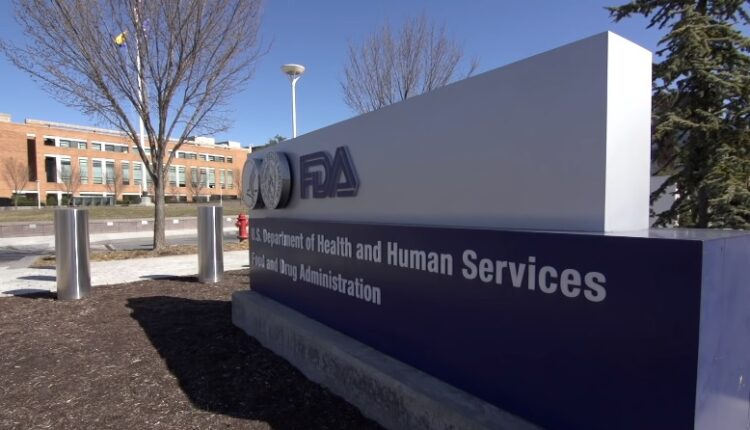
FDA Issues Final Clinical Research Guidance For Cannabis
The Food and Drug Administration (FDA) issued final guidance, titled “Cannabis and Cannabis-Derived Compounds: Quality Considerations for Clinical Research,” outlining its stand on topics relevant to scientists related to the development of human medicinal products containing the plant or like compounds.
What’s In The Guidance?
“This guidance addresses the legal definitions and regulatory controls related to cannabis, and it addresses certain questions raised in a public hearing about drugs containing cannabis and cannabis-derived compounds,” per the FDA website. It also introduces key FDA regulatory concepts to stakeholders who may be less familiar with the agency or its authorities than other drug developers.
As Marijuana Moment first reported, the FDA guidance was announced in a notice set to be published in the Federal Register on Tuesday.
In addition, FDA provides recommendations for sponsors interested in developing such cannabis and cannabis-derived compounds for use in human drugs for clinical research.
FDA’s Recommendations
- Sources of Cannabis: The National Institute on Drug Abuse (NIDA) Drug Supply Program (DSP) provided the only domestic, federally legal source of cannabis for clinical research. Cannabis for the DSP is grown under contract by the University of Mississippi at the National Center for Natural Products Research. Moreover, “while the NIDA DSP continues to be a domestic federally legal source of marijuana over the 0.3 percent delta-9 THC threshold for clinical research, it is no longer the only federally legal source.”
- Resources for Information on Quality Considerations: “As part of an IND for any drug, sponsors are expected to show that they can consistently manufacture a quality product.”
- Considerations of Control Status Under the CSA: The 2018 Farm Bill’s change to hemp’s control status has significantly reduced the DEA’s regulatory requirements for marijuana and marijuana-derived compounds that fall under the definition of hemp.
Background
“Given what we know about the safety of CBD so far, it raises concerns for FDA about whether these existing regulatory pathways for food and dietary supplements are appropriate for this substance,” said FDA principal deputy commissioner Janet Woodcock, who chairs the agency’s Cannabis Products Council, which oversees marijuana product policy, enforcement and outreach.
In 2018, when Congress legalized cannabinoids (2018 Farm Bill), the FDA was put in charge of regulating the related products. Since then, the agency is committed to protecting public health while also taking steps to improve the efficiency of regulatory pathways for the lawful marketing of appropriate cannabis and cannabis-derived products.
Although FDA appointed Norman Birenbaum to be its senior public health advisor on cannabis research and regulatory actions -the first time it hired a cannabis research and regulation advisor – the agency still continues to struggle with regulations on marijuana-based products, including those containing only CBD.
__________
This article was originally published on Benzinga and appears here with permission.



